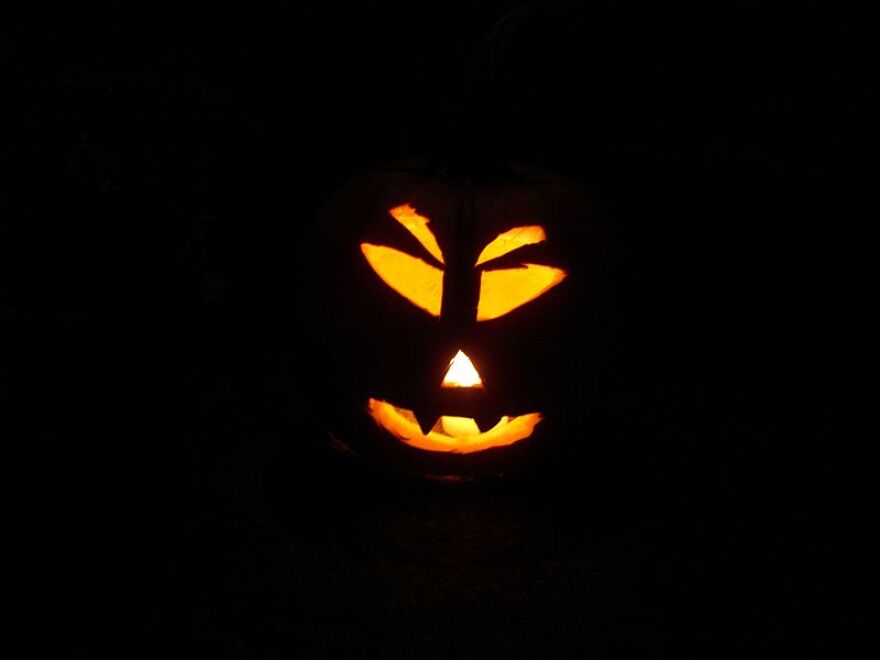It’s Halloween and for many that means candy and costumes—it could also mean watching scary movies or taking your chances with ahaunted house.
It’s the latter options that have us interested. I spoke with Bellarmine University psychology professor Dr. Tom Wilson, who says there are different types of fear. Some we try to avoid. Others we seek. Is fear genetic, or is it something that’s learned? “It’s a mixture of both. We do have predispositions. Some people are a bit more skittish or fearful as personalities. They might be more prone to anxieties, whereas others might seek thrills (think skydiving).” But fears can be conditioned, he says. “One of the most classic examples is Watson’s research— with the little boy, little Albert. He got him to be afraid of all kinds of little creatures and things that he hadn’t been afraid of before. And he did so through simple, what we call Pavlovian or classical conditioning.” What’s going on in the brain when we experience fear? “The brain knows before we ever really do consciously that a fear is either real or a fantasy—what we might call a safe fear, a safe scare. And so the brain knows that and yet the response that the brain triggers for either fear is going to feel the same to us throughout our body: our heart is racing, adrenaline, because it’s the fight or flight response, we have to get ready to deal with this stimulus that we’re afraid of.” Wilson says through research and technology in the past decade we’re able to see when the amygdala—a key part of the brain that is responsible for emotional reactions—responds to surprises, including fear. So when we’re going through a haunted house or watching a scary movie, it’s a safe fear, but reacting the same in our brain.
“The kind of fear that we really enjoy that’s pleasant is also making the amygdala light up. But it’s lighting up not because we’re really afraid. It’s a fear in a safe context, but the amygdala still starts the process of a fear response through the body. ” Why would anybody ever want to be scared, to create a response in the brain similar to what real fear—like being in a car accident—might feel like? “Because it’s rewarding. It’s rewarding to have those sensations. Often what we do is we seek the energizing feeling of a sensation, even if it’s fear, a shock, a surprise."


